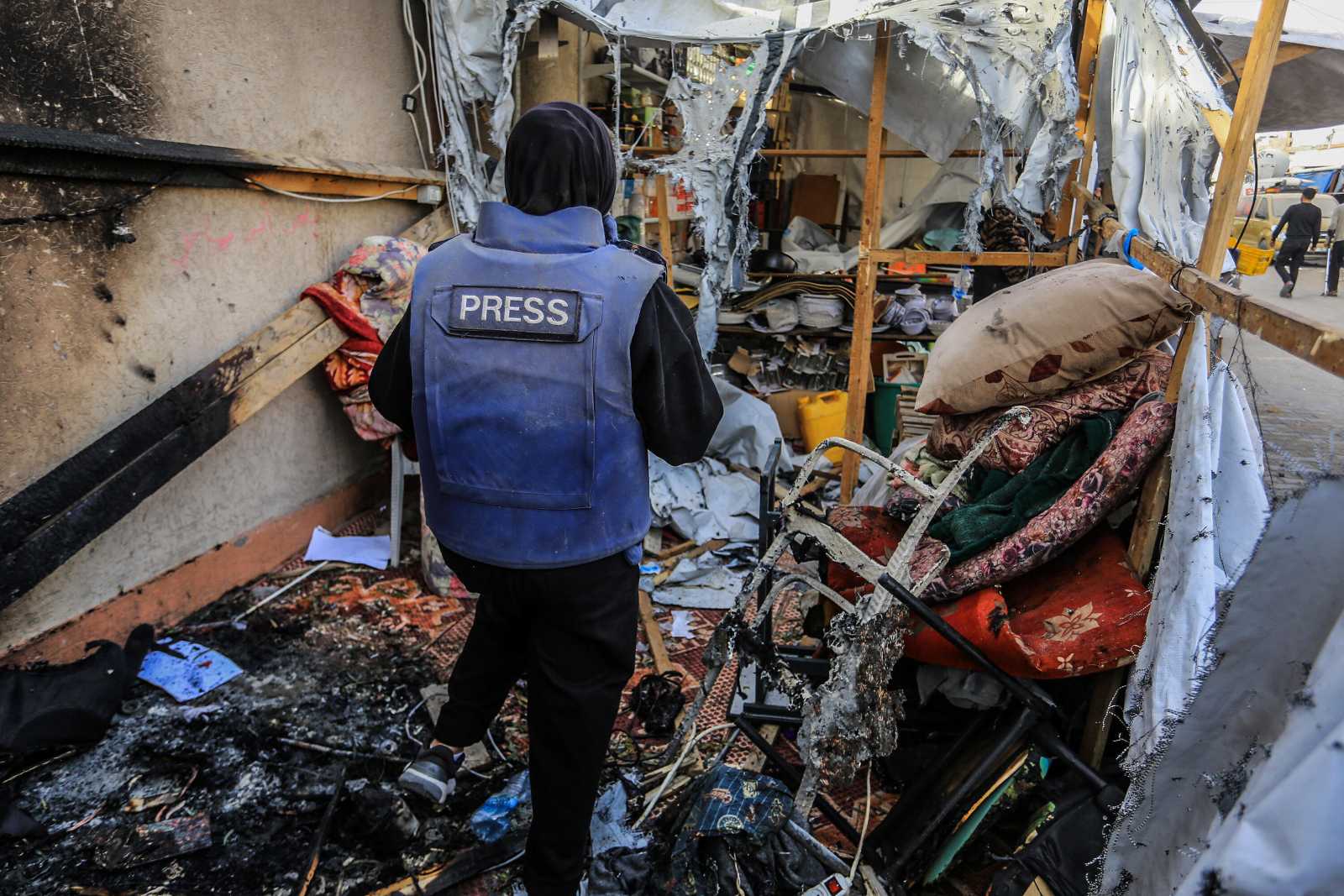Wrong Austrian response to the refugee crisis
Austria’s Foreign Minister Sebastian Kurz has now proposed that the EU should set up island camps to host people who have been rescued, but send as many of them home as possible. Moreover, he wants the EU to deny all people who arrive in Europe by irregular means and without full documentation the right to asylum. This approach, he argues, would be a disincentive to embark in boats from Libya, for instance, and try to make it to the Italian coast.
The proposal sounds pragmatic, but it is destructive for two reasons:
- First of all, human rights are inalienable. They do not depend on a person owning a passport. If the EU wants to stay credible in international affairs, it must uphold human rights. If it fails to do so itself, it cannot demand other countries to respect human rights. So long as it does not make sure all people who deserve asylum can travel to its countries safely, rejecting irregular migrants means to breach human rights. No, people who flee from terror, war and violence do not always have a passport and valid visa.
- Setting up camps on Greek or Italian islands, moreover, would mean leaving the refugee challenge to these two countries. They deserve European solidarity. Both are struggling in the euro crisis. Greek is worse hit than Italy, but in Italy too people have long begun to feel abandoned by the EU. If the impression further takes hold that the other member countries expect Italians and Greeks to shoulder major problems that affect the EU, resentment will grow. Ultimately, such frustrations can undermine the institution of the EU itself. Among Italy’s major parties, only the governing Democrats still unequivocally endorse monetary union. The dissolution of the euro zone, however, would hurt all member countries.
The great problem is that European governments no longer seem willing to invest in European solutions. Their priority is simply to be left in peace. That is not an option, however. If all member countries act that way, the EU is likely to unravel, and if the UK exits from the EU, that may happen faster than anybody expects at the moment.
The old saying is that the EU is like a bicycle – unless it keeps moving forward, it will fall. To keep in motion, all governments must play their part. It is impossible to shield a prosperous world region from global challenges.
Austria’s government is under pressure from the right-wing populists of the FPÖ. Other member governments face related domestic challengers. Caving in to them, however, does not help. Populists may promise that national isolation is blissful, but in an increasingly interconnected community of nations such as the EU, that simply is not true. It is impossible to enjoy the benefits of joint institutions if no one is willing to invest in them.








